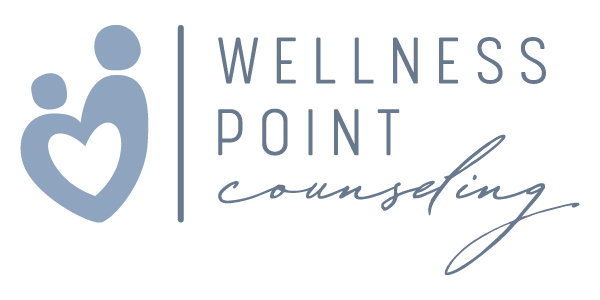Online Postpartum Therapy Connecticut
Supporting you from birth and beyond…
Life with a new baby can feel fulfilling and yet incredibly isolating.
Caring for a new baby can feel really hard while running on very little sleep. The postpartum era for many new parents can bring unexpected changes they did not foresee happening…it can feel isolating and overwhelming.
You may be feeling…
More irritable than usual- snapping more often than you’d like
Incredibly tired and struggling to find ways to get enough sleep
Excessive worries about your baby’s well being
More sad, overwhelmed and frustrated since having your baby
If you resonate with any of these struggles- you are in the right place. Caring for yourself during this delicate time is important for both you and your baby. We can support you through this journey toward feeling better and fully embracing this new time- the way you imagined it to be.
Asking for help is a sign you love your baby and want to be the best parent for them. We are here to support you.
Schedule your first appointment today so we can start the path toward feeling better.
Trusted Online Postpartum Therapy
We understand you want to get this right. Here’s how we can support You…
Online postpartum therapy is a safe space where you and your therapist will explore the challenges you are experiencing after having your baby and identify ways to help you feel better again. It is also designed to explore and assess for symptoms of Postpartum Anxiety and Postpartum Depression. If you are experiencing any symptoms of a perinatal mood disorder, you and your therapist will discuss the ways to reduce and alleviate your symptoms. Therapy for postpartum care has been shown to not only improve postpartum depression and anxiety symptoms but also shown to prevent them from occurring in the first place.
Because of the nature of postpartum care we are able to connect you to other specialized perinatal providers such as lactation specialists, sleep consultants, pelvic floor therapists and doulas in the community that can address other challenges you may be struggling with. If at any point you and your therapist feel you can benefit from any of these supports we will make a referral to a provider we trust.
Receiving support after having a baby can help you feel less anxious. Some new parents experience overwhelming thoughts about something happening to their baby. If you are experiencing any of these thoughts, know that they are common amongst many postpartum parents.

Our approach in Supporting You is…
Assessing and diagnosing for Postpartum Anxiety and Postpartum Depression
Identifying ways to protect your sleep so you can feel more energy to tackle on the days
Helping you learn communication skills to use with others to ask for help and support
Allowing your partner to join sessions with you, if needed, to feel more supported and connected
Allowing you the space to share how you truly feel without judgement and shame
Online Postpartum Therapy can help you…
Feel emotionally better by talking about your feelings out loud
Reduce your chances of developing a postpartum disorder
Feel more connected to your baby and others around you
Increase sleep by developing a practical sleep plan
Provide you with resources and connect you to other perinatal professionals, if needed, to address breastfeeding and baby sleep challenges
Why Postpartum Women Seek Support
Feelings of sadness following birth that don’t go away
Feeling irritable and more agitated
Needing help with Restorative Sleep
Having a scary birth and wanting to talk about
Finding the transition into motherhood challenging
Having thoughts that are scary about your baby
Feelings of guilt for not being able to do things you expected to do

If you have given birth and doubt yourself as a new mom, feel sad & frustrated, we can help you during this delicate life transition.
FAQs
-
Postpartum Depression & Postpartum Anxiety are common. In fact, 1 out 5 mothers and 1 out of 10 fathers experience symptoms of PPD or PPA. Symptoms of Depression include frequent sadness, not wanting to get out of bed, anger, feeling like a “bad mom” and not feeling like yourself. Symptoms of Anxiety include constant worries, racing thoughts, poor sleep and appetite, dizziness, upset stomach, irritability, and feeling on edge. Many mothers with PPD report a mutual feelings of not feeling good enough or worthy of being a mom.
-
First step is to seek help and tell someone what you are experiencing. The quicker someone knows what you are feeling the faster you can get the professional help you deserve.
-
Research has proven that support from a licensed mental health professional can help mothers cope with PPD symptoms and feel relief.
-
You can reach out to us by either email or phone to get you set up with your first appointment. Call Us Today
-
Absolutely! Fathers need support during postpartum as they are also at risk to experience symptoms of postpartum depression and or postpartum anxiety. Fathers that receive postpartum support impact mothers and their family in a significant and positive way.

